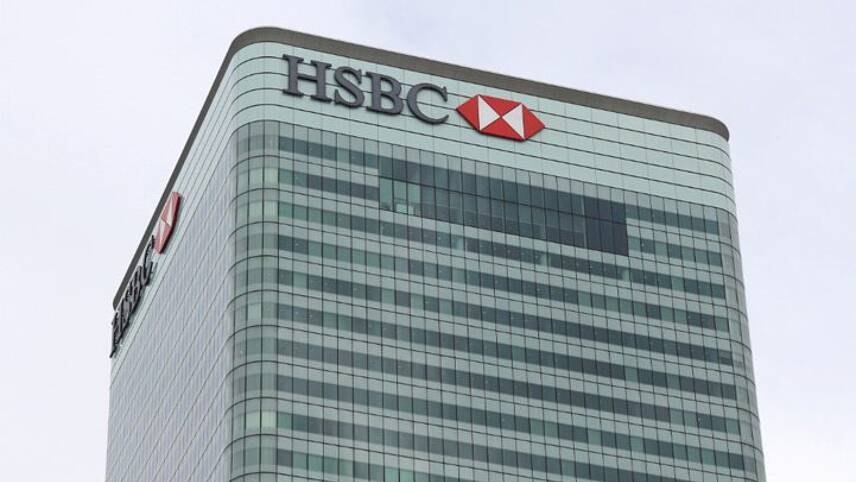Register for free and continue reading
Join our growing army of changemakers and get unlimited access to our premium content

Several major banks have outlined new climate targets since the pandemic began
In a statement released this morning (9 October), the bank committed to reaching net-zero across its own operations and supply chains by 2030 and to ensuring that all projects it finances are generating no net emissions by mid-century.
To reach the latter of these aims, HSBC will use the Paris Agreement Capital Transition Assessment Tool (PACTA) to develop a methodology for shifting its portfolio. The tool was jointly developed by BBVA, BNP Paribas, ING, Standard Chartered and Societe Generale following a commitment at COP24 and was recently open-sourced following initial trials.
HSBC has not yet confirmed whether the pathway it takes will involve divesting from high-emitting sectors and corporates. But it has committed to providing between $750bn and $1trn of finance to companies looking to decarbonise their own operations or scale-up net-zero solutions by 2030. Companies already in HSBC’s portfolios, as well as new additions, are expected to receive support under this commitment. At least $100m of this sum will be allocated to cleantech innovation companies.
This particular facet of the plans has attracted anger from green groups, who have pointed out that HSBC reportedly provided $87bn in financing to fossil fuel companies since 2015. The bank has also faced criticism from investors for financing coal firms and businesses with known links to deforestation in recent years.
“This net-zero commitment is welcome, but if HSBC is serious about dealing with the climate crisis, then it needs to stop funding fossil fuel expansion and forest destruction now,” Rainforest Action Network’s senior campaigner Hana Heineken said. “Anything less is greenwash.”
HSBC said it will publish more information on how it plans to meet its new targets in the coming months. Aside from the financing commitment, it has outlined plans to report in line with the Taskforce on Climate-Related Financial Disclosures’ (TCFD) recommendations and to encourage its business customers to follow suit.
Terra Approach
In related news, ING has this week published a progress report on its efforts to align its €600bn lending book with the Paris Agreement. The Dutch bank uses a methodology called ‘Terra’ to identify the highest-emitting sectors in its portfolios and to develop specific targets for engagement and divestment.
Since introducing Terra in 2018, the bank has reduced its direct exposure to coal by 22% and pledged to reduce its financing to upstream fossil fuel operations by one-fifth by 2040. It has also increased engagement with the companies it holds in the power generation, shipping, cement, steel, residential real estate, automotive, aviation and commercial real estate sectors.
“Terra is first and foremost an inclusion-based strategy,” the progress report states. ING believes that we can make the most impact by supporting clients with our products and services, while working with the banking sector to scale and leverage this impact.
ING recently co-formed a new venture designed to decarbonise the Netherlands’ inland shipping sector. The business’ global head of sustainable finance Leonie Schreve recently sat down for a video interview with edie, in which she discusses this project.
Sarah George


Please login or Register to leave a comment.